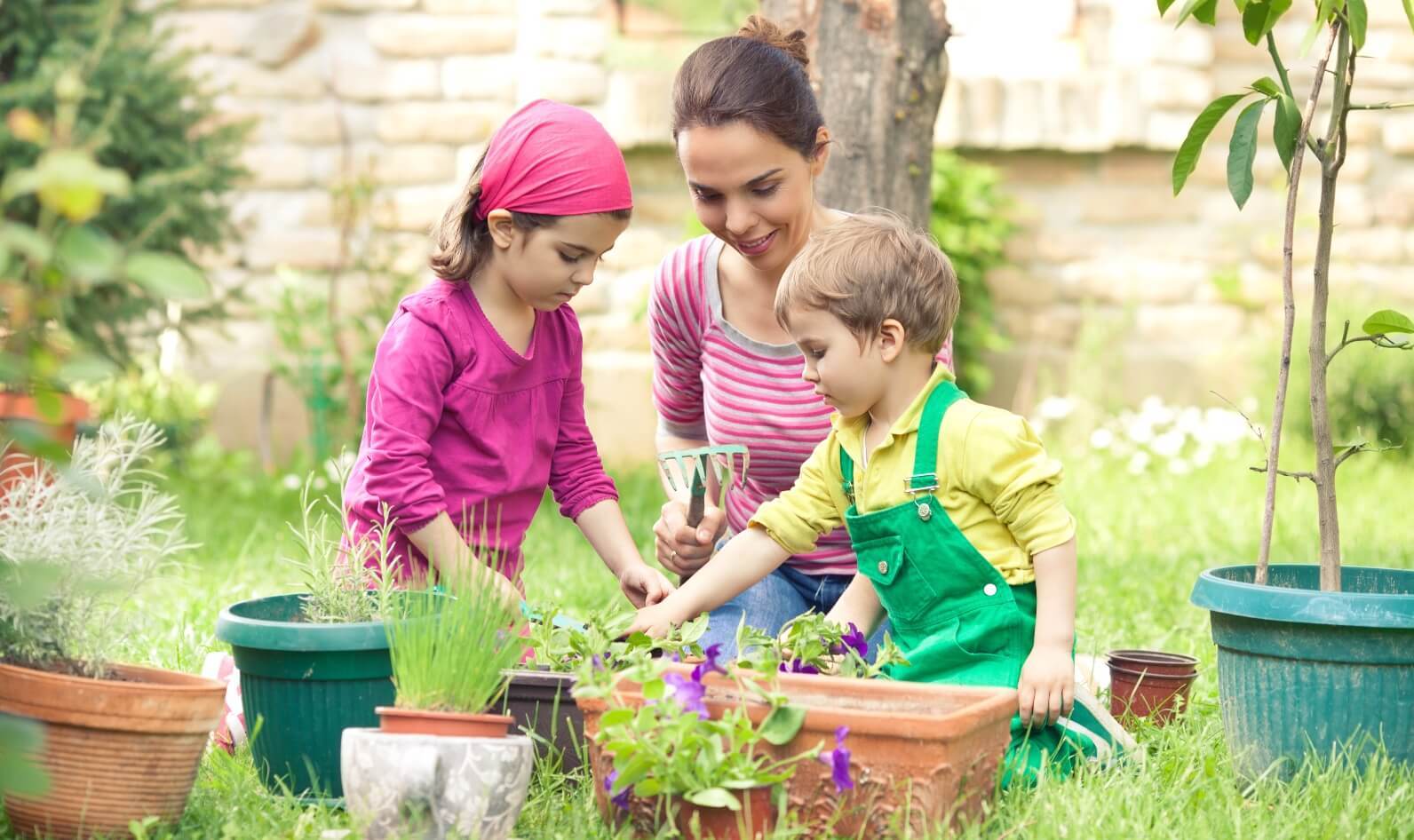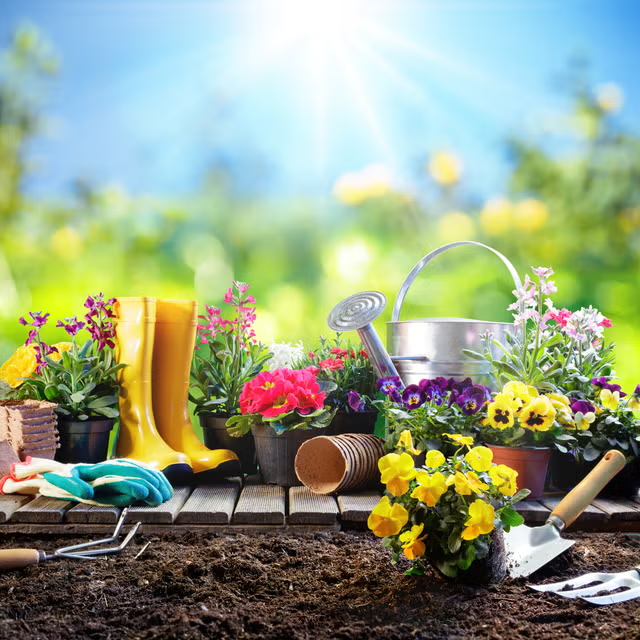From Seed to Flower: Nurturing Your Enthusiasm with Home Gardening for Beginners
Wiki Article
Growing Eco-friendly Thumbs: a Novice's Trip Into the World of Gardening
Are you excited to obtain your hands filthy and start growing your own garden? Look no further! In this short article, we'll take you on a beginner's journey into the world of horticulture. You'll learn more about picking the right plants, recognizing dirt and garden compost, and necessary horticulture devices. We'll likewise show you watering and fertilizing techniques and how to handle common garden parasites. Prepare to cultivate your green thumb and watch your yard prosper!Selecting the Right Plants
1. Initially, you need to evaluate your horticulture area and determine the variety of plants that will fit conveniently. Due to the fact that overcrowding can lead to stunted growth and condition, this action is critical. Measure the measurements of your garden beds or pots and determine the available area. Consider the mature dimension of the plants you plan to grow. Some veggies and herbs require even more area than others, so it's important to do your study.As soon as you have a clear concept of your gardening area, it's time to pick the appropriate plants. Consider what you appreciate consuming or what flowers you find most attractive. Take into consideration the environment and sunlight conditions in your area. Specific plants prosper in complete sunlight, while others prefer partial shade. Make note of any kind of microclimates in your garden, such as areas that receive much more or less sunshine than the remainder. This will certainly aid you pick plants that are matched to your specific conditions.
If you're new to horticulture, decide for plants that are simple to grow and require marginal maintenance. Choose plants that have a much shorter maturation period if you live in a region with a much shorter growing season.
Recognizing Soil and Garden Compost
Dirt is the structure of your garden, supplying nutrients, water retention, and assistance for your plants. It is essential to have a great understanding of your dirt type, whether it is sandy, clayey, or loamy, as this will identify the kinds of plants that will certainly thrive in your garden. Keep in mind, a healthy and balanced and productive soil is the crucial to an effective yard, so take the time to recognize your soil and incorporate compost to ensure your plants prosper.
Essential Horticulture Tools
A great pair of gardening gloves is a must-have to protect your hands from thorns, prickly plants, and dirt. A garden hose or watering can is important for keeping your plants hydrated. A sturdy set of trimming shears or secateurs is crucial for cutting and forming your plants.Watering and Fertilizing Techniques

Taking Care Of Common Garden Pests
As a newbie gardener, you might come across common yard bugs that can inflict chaos on your plants. These bugs can range from pests like aphids, caterpillars, and beetles, to tiny animals like bunnies and squirrels. It is necessary to be able to deal and recognize with these bugs effectively in order to secure your plants and guarantee an effective garden.Among the primary steps in dealing with garden parasites is to frequently inspect your plants for any type gardening for beginners of signs of invasion. Seek chewed fallen leaves, holes in the foliage, or the visibility of small bugs. If you spot any type of parasites, it is essential to act instantly to avoid them from spreading and triggering more damage.
There are numerous methods you can utilize to regulate yard pests. One choice is to make use of all-natural predators, such as ladybugs or praying mantises, to assist manage the populace of parasites. You can also use physical barriers, such as fences or netting, to maintain bigger pets like bunnies out of your yard. Additionally, there are organic insect control sprays offered that can assist prevent and remove usual yard pests.
Keep in mind, avoidance is crucial when it pertains to taking care of garden insects. Keeping your garden cost-free and tidy of debris can help in reducing the probability of an invasion. On a regular basis eliminating weeds and dead plants can likewise help eliminate concealing locations for insects.

Conclusion
By choosing the right plants, comprehending dirt and garden compost, making use of important gardening tools, and grasping watering and feeding strategies, you have actually established on your own up for success. Do not forget to stay watchful in dealing with typical garden bugs to guarantee your plants prosper.Dirt is the structure of your yard, giving nutrients, water retention, and assistance for your plants. It is vital to have an excellent understanding of your dirt kind, whether it is sandy, clayey, or fertile, as this will certainly establish the kinds of plants that will certainly prosper in your yard. Keep in mind, a healthy and balanced and productive soil is the essential to a successful garden, so take the time to understand your dirt and include garden compost to guarantee your plants prosper.
As a novice gardener, you may encounter common yard parasites that can create mayhem on your plants. It's crucial to be able to determine and deal with these pests effectively in order to protect your plants and make certain an effective garden.
Report this wiki page